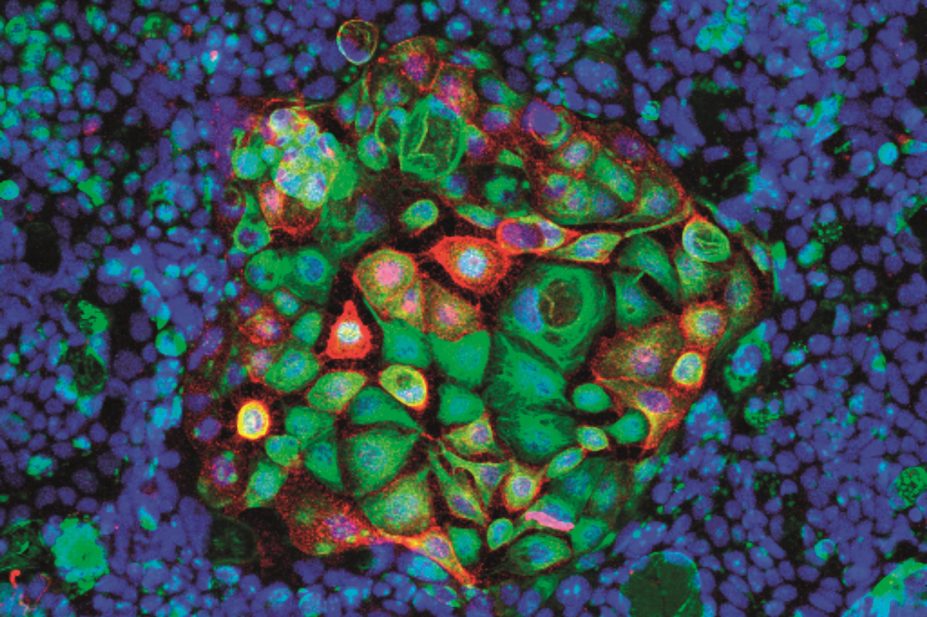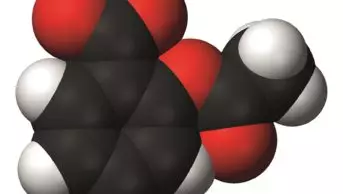
AMMRF, University of Sydney / Science Photo Library
Aspirin has been recommended for the prevention of colorectal cancer in people aged 50–59 years by the US Preventive Services Task Force.
The recommendation follows several large studies that have suggested aspirin can reduce the risk of colorectal cancer, especially in patients with a genetic predisposition to the disease.
In a draft recommendation that is out for consultation, the US task force recommends low-dose aspirin use for the primary prevention of cardiovascular disease (CVD) and colorectal cancer for patients who have a 10% or greater 10-year CVD risk, are not at increased risk of bleeding, have a life expectancy of at least ten years, and are willing to take low-dose aspirin daily for at least ten years. This is the first time that aspirin has been officially recommended for the prevention of cancer by a US national agency.
The US task force has not recommended aspirin for prevention of colorectal cancer in patients under 50 years or older than 70 years. For patients aged 60–69 years, the decision over whether or not to take aspirin should be an “individual one”, it recommends.
Long-term aspirin use is associated with an increase in the risk of gastrointestinal bleeding and haemorrhagic stroke.
In the UK, the National Institute for Health and Care Excellence recommends use of aspirin for prevention of cardiovascular disease after a patient has suffered a cardiovascular event such as a heart attack.


